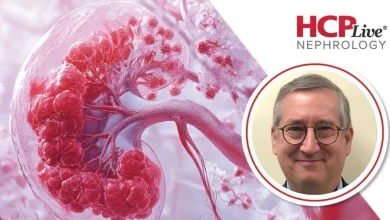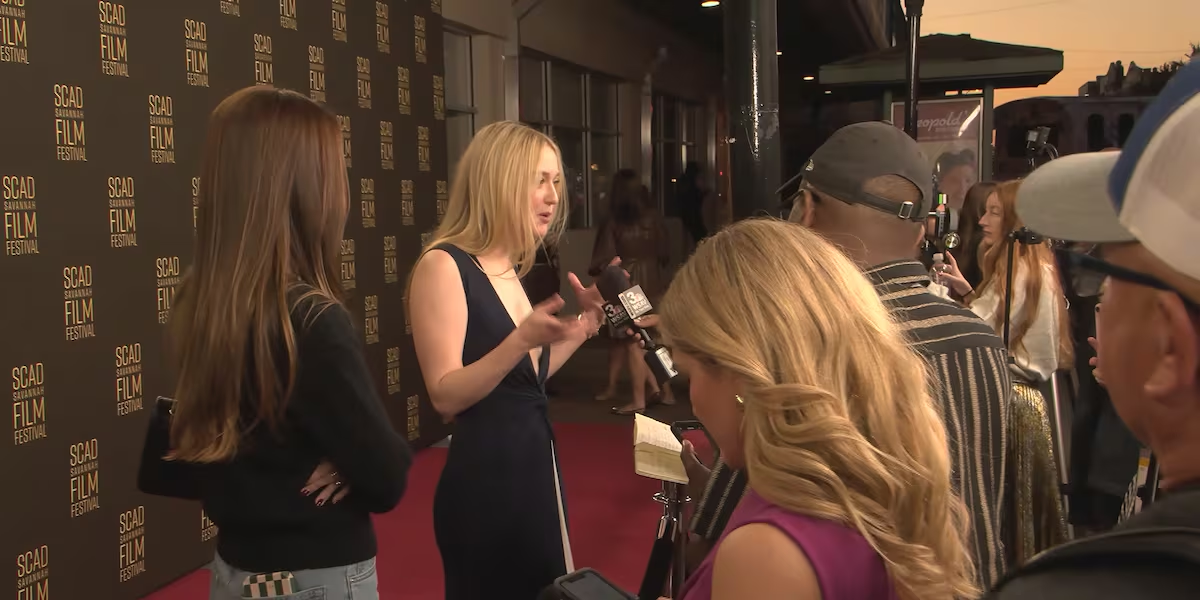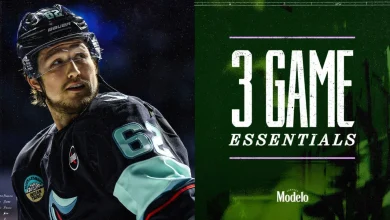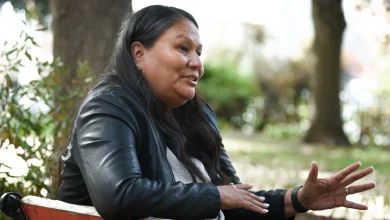‘Aftershock’ brings Nicole P. Bell’s heartbreaking fight home
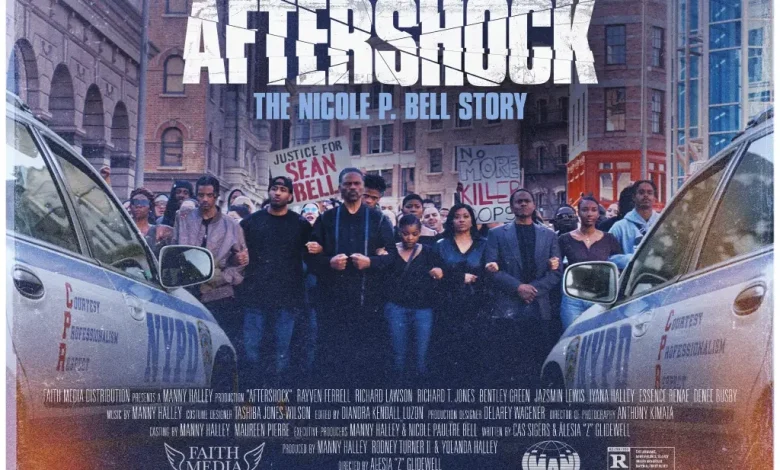
Aftershock: The Nicole P. Bell Story arrives in theaters Nov. 28, bringing to life one of the most heartbreaking police brutality cases in recent American history. The film chronicles the 2006 shooting death of 23-year-old Sean Bell, who was killed by undercover NYPD officers just hours before his wedding in a barrage of 50 bullets. Told through the eyes of his fiancée, Nicole Paultre Bell, the film explores her journey through grief, activism and the fight for justice.
Rayven Ferrell stars as Nicole P. Bell, with Bentley Green as Sean Bell and Richard Lawson as Rev. Al Sharpton. The film was written by Cas Sigers and Alesia Z Glidewell, with Glidewell making her directorial debut. Manny Halley Productions released the film via Faith Media Distribution, with digital streaming to follow Dec. 15.
Rollingout sat down with Ferrell, Lawson and Nicole P. Bell herself to discuss the emotional weight of this project and what it means for conversations about justice and accountability.
Nicole, what was the hardest part of reliving this chapter, especially seeing it on screen?
Nicole P. Bell: The hardest part was really watching it on screen. I lived it, so it’s with me every day. There’s not a moment that it isn’t with me. Thank God I’m able to move forward with my life. But this project was really a labor of love. It was continuing to shine a light on Sean’s legacy the same way I’ve done, and his family has done, for the last 19 years. It took me maybe three attempts to really watch the film, to even get through it.
Initially sitting down with the writers, that’s the easy part. I’ve been telling my story for 19 years. But seeing it is a whole different story. It was very difficult, and it taught me a lot about myself as well.
Photo Courtesy Maney Haley Productions
What gave you the strength to continue this fight and push for his story to come to the big screen?
Bell: It’s not always strength. There are some days when the most important thing or the most difficult thing could be getting out of bed. It’s not always a matter of strength. There are days when you’re not strong. For me, there were years when I wasn’t strong.
As a young mom, I’m raising daughters. My girls come first. People don’t realize just how young Sean and I were. Sean was 23 years old when he was killed. I was 22 years old and raising two small girls. My girls now are independent young women. They’re old enough to understand what happened, and they’re proud of the project. That means the world to me.
Rayven, portraying a real person means stepping into a world of real trauma and unimaginable grief. What emotional preparation did you rely on to honor her story truthfully?
Rayven Ferrel: This was definitely one of the most emotionally demanding roles I’ve had to date. But I was lucky to have Nicole the entire time. Having her insight of the things that she went through and her being so detailed and open about what she felt helped tremendously. Also during that time, I was experiencing a loss myself with my stepfather. He was killed. A lot of the things that Nicole went through, I witnessed firsthand with my mother as well. It’s crazy because during that time, I felt as if I was the last person to have the rights to feel because that was my stepdad, but it was my baby sister’s biological dad. It was my mother’s husband. Holding all of that in and being able to have an outlet to release it, looking up to someone like Nicole to realize how there were so many times where she put her feelings to the side and her emotions to the side and just stepped up because it was time that she had to. I think all of that helped me actually tap in. I carried her love. I carried her loss. I carried her resilience on that set every day in hopes to really just honor her truth.
Richard Lawson, you step into the shoes of a man who became a national voice in this tragedy. What was the biggest challenge in bringing Rev. Sharpton’s presence and conviction to the screen?
Richard Lawson: I didn’t look at any of it as a challenge. It was an honor. It gave me the thirst, the hunger, the interest, the curiosity, the wanting to be a sponge. Being that I had so much available to me in terms of research, I didn’t have to pour through volumes of books. Technology today makes it so that you can find the truth like that. There was a plethora of information, and I was able to talk to him. It was like sitting at a banquet table. His early years are fascinating. I had big fun with that. It was big fun.
What do you believe Aftershock adds to the conversation about justice and accountability in 2025?
Lawson: I think the timing of the film being released and the timing of the political arena is sort of like God said, okay, this is the tool that can affect change. All you have to do is put the action behind it. Hopefully it will create dialogue centers, fireside chats, hopefully in the universities, in the HBCUs more importantly than just about anything else because these are the people that are going to take this information and carry it into the next millennium. Hopefully it will form classes. Hopefully it will create people talking to find the solution. Film can change something instantly. Maybe this can be the source to get people talking passionately about the fact that we need to come together and get on a similar page. We don’t have to think alike. We just have to act alike.
Rayven: A lot of times we don’t really understand things until we see it for ourselves. Seeing everything in detail, how things transformed, how it went from a march, how it went to reform, how it went to actually making change, making different laws to actually go forward with police reform. Seeing it is inspiring because when it comes down to art, like music and films, that’s our dreamland. That’s our fantasy. To see it in that world, it’s like, oh, this is real, it happened. So it’s possible and it could be this big. I think that’s important, especially when it comes down to today’s world.
Nicole: Change happens in conversations like this. The hope is that this movie will be around to influence our next generation. There are people who know of the story and were around to hear the tragedy and learned about what happened in real time. Then there’s the next generation coming up who doesn’t know and isn’t aware. They only know about what’s happening right now or maybe what’s being told to them. We’re hoping that our young people growing up, the ones who are growing up with my daughters, our next leaders, our presidents, our future presidents, they’re the ones who are going to see this movie. They’re going to understand and we’re going to create change. Things may not be in our favor right now and there may be a lot happening politically in our climate, but it won’t stay that way. Just like they said in Aftershock, it won’t stay that way. We need people to remain vigilant and continue to stay by your values, your morals, regardless of what’s happening. Stick to what you believe in, and that’s what Aftershock is.

